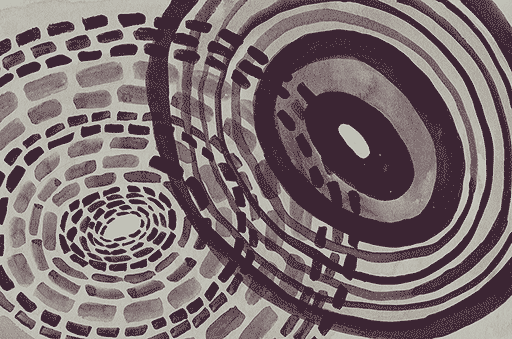
Ghosts in the Machine
Civic Tech’s Ripple Effects
By Andrew Maier
In “Six Provocations for Big Data,” sociologists danah boyd and Kate Crawford argue that changing the means by which knowledge is produced changes the definition of knowledge itself. They explain (emphasis added):
“Big Data not only refers to very large data sets and the tools and procedures used to manipulate and analyze them, but also to a computational turn in thought and research (Burkholder 1992). Just as Ford changed the way we made cars—and then transformed work itself—Big Data has emerged a system of knowledge that is already changing the objects of knowledge, while also having the power to inform how we understand human networks and community.”
Technology (and the Big Data it produces) has certainly done a lot to change the means by which knowledge is produced; web applications serve as sites of inquiry for qualitative and quantitative research alike. But technology is also itself produced. Sociologist Bruno Latour’s Actor-Network Theory suggests that every production of knowledge can either amplify or rob actors of their agency (actors, in this case, including both humans and non-humans); the choice depends on the perspective of those producing the knowledge—or, in our case, those developing the technology.
The rise and prominence of user-centered design and Lean UX is evidence enough that technology is better produced when it’s produced in a way that eschews ego (i.e., the myth of the “genius designer”) in favor of a process that’s more democratic. Civic design is simply a means of advancing this logic within civic space. Crucially, it requires first that we carefully identify the communities that our technologies impact and second that we fundamentally respect the ways in which they’ve produced their own knowledge.
21st-century governments will continue to use voting to give citizens a voice, of course, but they’d be remiss to ignore technology’s potential for changing the very nature of civic engagement. At a recent conference discussing ways of measuring civic technology’s impacts, MySociety’s head of research, Dr. Rebecca Rumbul, cautioned attendees looking for a silver (measurement) bullet, saying that “the impact of civic tech[nology] can be more subtle and organic. It sometimes might not manifest until a significant time after our tools have been utilized… it’s impossible to record and quantify all of the ripples that our tools create.” Maybe the best way to start, then, is by questioning the idea of metrics itself: in a world where civic technologies can augment—not supplant— voting, is it even possible to measure the kinds of changes we’re hoping to effect? Perhaps more important: who decides when and how these measurements are made?
Questions spark the very conversations from which shared knowledge is built, which means they are just as important and fundamental a pursuit as the creation of civic technologies and the liberation of open data. Civic participation in the 21st-century will inevitably include a digital component, but neither digital nor analog participation is more important than the other because neither is going away. The stories comprising this issue address both.
Like this kinda stuff?
Consider donating to help us to continue doing this work! We also encourage reader comments via letters to the editor.
 Andrew Maier is a lifelong student of the design community who believes that creation and learning are synonymous. His current interests include security, law, cities, and autonomy.
Andrew Maier is a lifelong student of the design community who believes that creation and learning are synonymous. His current interests include security, law, cities, and autonomy.